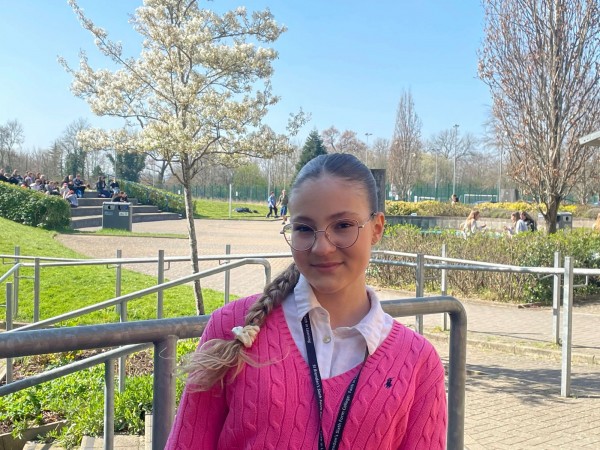Katharine Harding (Neurologist)
After leaving St Brendan's I studied medicine at Oxford, which is a six-year course. I then went on to work as a junior doctor in Cheltenham, Gloucester and south Wales.
I then spent three years working for a PhD at Cardiff University; my project was on genetics and disability in multiple sclerosis. Since 2012 I have been undergoing higher specialist training in neurology in Wales, and if all goes well will complete my training in 2017.
My biggest achievement in life has undoubtedly been getting my PhD. It represents a huge amount of work over a long period of time, and I am very proud of myself for actually finishing it. There were moments half-way through when I wasn't completely certain that I would ever get to the end. Getting into medical school was also a big achievement, and has been the stepping stone to the rest of my career.

Katharine Harding
For current students - I think it is really important to study something you are interested in. I really enjoyed my time at St Brendan's because the science teaching was so good and I was fascinated by the subjects. It's hard to have a detailed life plan when you're at sixth form college, and actually it's not essential, but it is important that you enjoy what you are studying. The attitude of an enquiring mind that was encouraged at St Brendan's has stood me in good stead ever since, at Oxford, in my career as a doctor, and in achieving my PhD. Also, aim high! You won't know if you can achieve something until you try.
If I had my time again at St Brendan's, I might think about including languages in my studies, as this is really my second love and I don't get enough time to use them nowadays! Learning a language is an excellent reason to go travelling in order to practice. I went to school in France, and I studied Arabic at university before spending some time at medical school in Jordan. At the moment I'm thinking about learning Welsh. Learning a language is like a fascinating puzzle, and it really broadens your perspective on life and helps you understand people in a different way.
In ten years time I would like to have a clinical academic job, where I would spend some of my time with patients in clinics and on the wards, and the rest of my time in research. I would like to be supervising junior researchers at the stage that I am currently at. I am also looking forward to finally being settled and not having to start a new job every six months!

